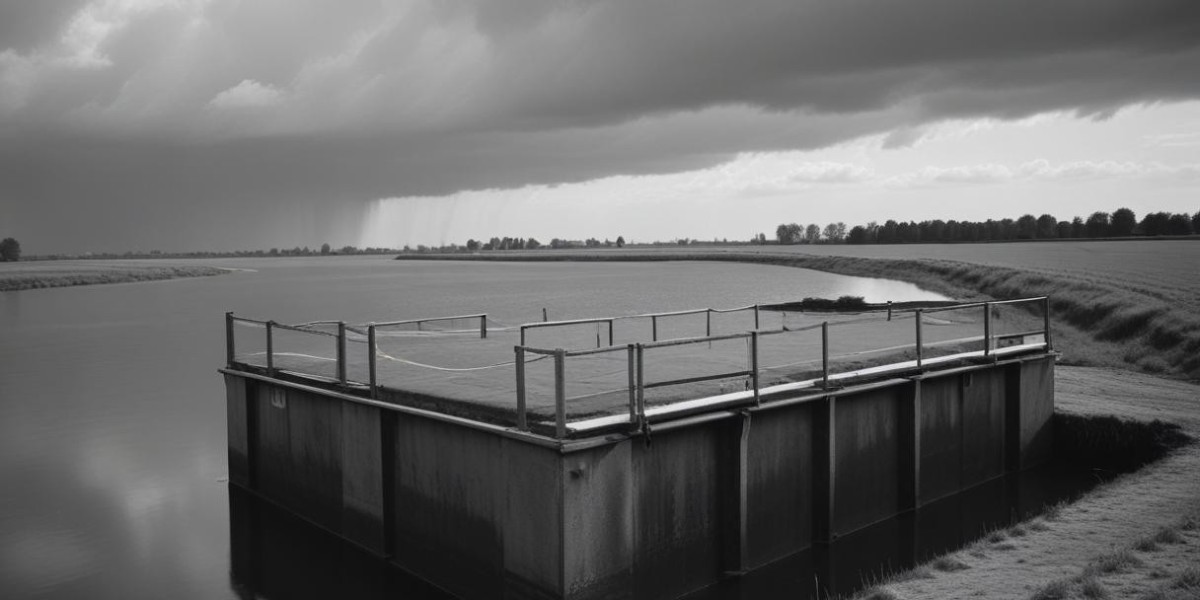In 2024, the smart water management market is witnessing dynamic shifts, with a range of players capturing significant market shares. This sector, which is pivotal in advancing sustainable and efficient water use, has seen substantial growth, driven by technological innovations and increasing global water management challenges. Let’s explore the current distribution of market share, the key players involved, and the trends shaping this evolving landscape.
Market Share Distribution
The smart water management market is broadly segmented into hardware, software, and services, each contributing differently to the overall market share. In 2024, the distribution of market share across these segments reflects both technological advancements and growing demand for sophisticated water management solutions.
- Hardware: This segment, including IoT sensors, smart meters, and other physical devices, holds a substantial portion of the market share. As cities and utilities increasingly adopt smart technologies for real-time monitoring and data collection, the demand for advanced hardware continues to rise. Major players in this segment include companies like Sensus (a Xylem brand), Itron, and Honeywell, which are leading the way in innovative sensor and meter technologies.
- Software: Advanced software platforms for data analytics, system management, and user interfaces are also capturing a significant share of the market. These platforms are essential for interpreting data collected by hardware, enabling efficient water management and decision-making. Leading companies in the software segment include Siemens, IBM, and Oracle, which offer comprehensive solutions for managing water resources and infrastructure.
- Services: Consulting, installation, and maintenance services are critical to the successful deployment and operation of smart water management systems. This segment is experiencing growth as utilities and municipalities seek expert support for implementing and maintaining complex systems. Prominent players providing these services include Veolia, Aqua America, and SUEZ, which offer a range of services from system integration to ongoing maintenance.
Regional Insights
Geographically, North America and Europe dominate the smart water management market, largely due to their advanced infrastructure and stringent regulatory frameworks. North America holds a significant share, with companies like IBM and Siemens leading the charge in implementing cutting-edge solutions. Europe follows closely, driven by its focus on sustainability and innovation in water management technologies.
However, the Asia-Pacific region is emerging as a rapidly growing market, fueled by urbanization and increasing water management needs. Countries like China and India are investing heavily in smart water solutions to address their water scarcity issues, creating substantial opportunities for market players.
Trends Influencing Market Share
- Technological Advancements: The integration of IoT, AI, and big data analytics is transforming the market, leading to increased adoption of smart water management systems across various regions. Companies that are at the forefront of these technologies are gaining a larger market share.
- Sustainability Focus: As global awareness of environmental issues grows, there is a stronger emphasis on sustainable water management practices. This shift is driving demand for advanced solutions and services that promote water conservation and efficient use.
- Regulatory Drivers: Stricter regulations and policies aimed at improving water efficiency and reducing waste are influencing market dynamics. Companies that can help utilities and municipalities comply with these regulations are seeing increased market share.
- For More Info: - https://www.gmiresearch.com/report/smart-water-management-market/
Conclusion
In 2024, the smart water management market is characterized by a diverse distribution of market share across hardware, software, and services. Major players in these segments are driving innovation and efficiency in water management. As technological advancements, sustainability concerns, and regulatory pressures continue to shape the industry, the market is set for continued growth and transformation. The evolving landscape presents significant opportunities for companies to expand their share and contribute to a more sustainable and efficient management of global water resources.



